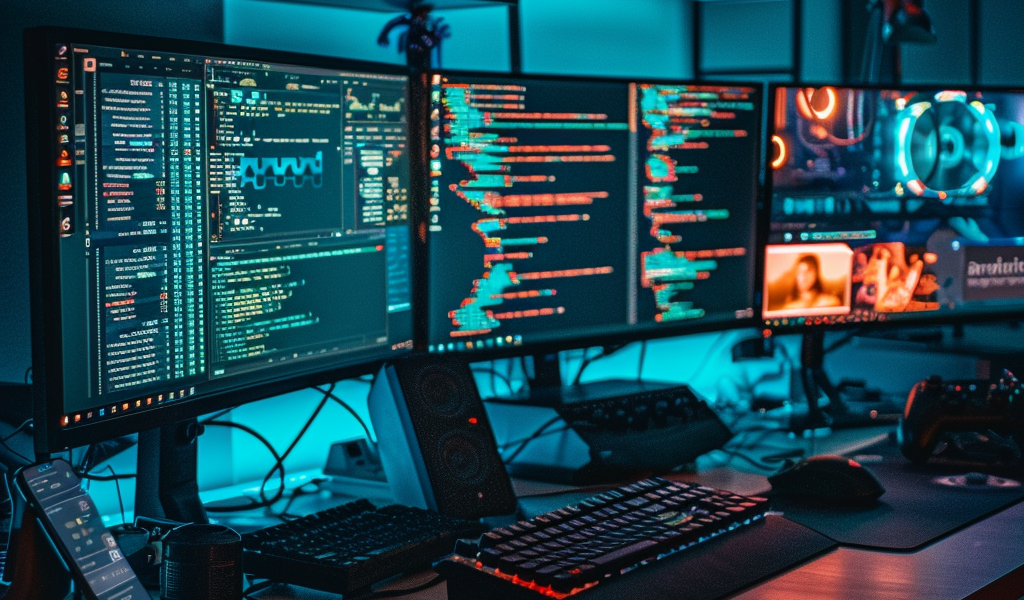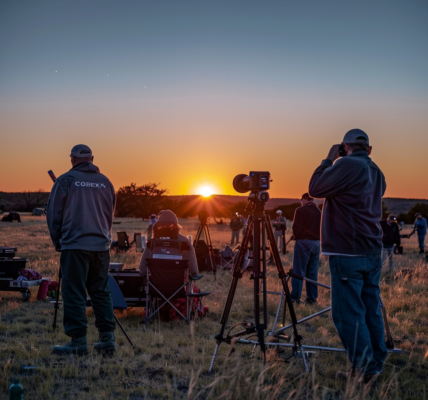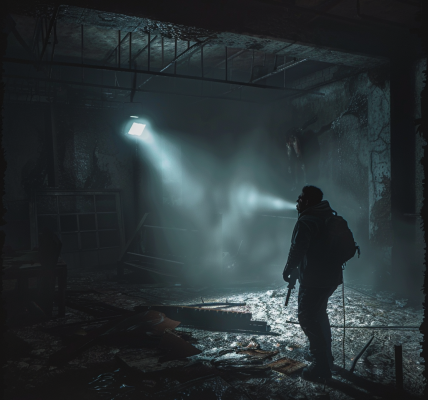In a shocking turn of events, new revelations have emerged regarding the infamous hacking incident that targeted Rockstar Games, the company behind the highly anticipated Grand Theft Auto VI. This incident, which has become one of the most talked-about leaks in video game history, was orchestrated by a teenager named Arion Kurtaj, who managed to infiltrate the gaming giant’s internal systems and leak a staggering 90 videos showcasing gameplay footage of GTA VI before the game was even officially announced.
As the gaming community reflects on this incident, it has now been two years since Kurtaj’s cyberattack, which has raised numerous questions about the security measures employed by major gaming companies. Kurtaj’s actions were not isolated; they were part of a broader pattern of cybercrimes that ultimately led to his conviction earlier this year and subsequent indefinite hospitalization.
Details surrounding the hacking incident have been slowly unveiled, particularly during Kurtaj’s trial, although many aspects remain shrouded in mystery. What has become increasingly clear is how a teenager with limited resources was able to access such sensitive information from a company as prominent as Rockstar Games.
During the trial, it was revealed that Kurtaj was under police protection in a hotel room due to prior offenses. Despite this, he managed to conduct further cyberattacks from that location using a relatively simple setup, which included a newly acquired phone, keyboard, mouse, and an Amazon Fire TV Stick. This raises eyebrows about the vulnerabilities that exist even within the most secure environments.
Recently, Mors Mutual, a well-known content creator within the Grand Theft Auto community, shared insights into how Kurtaj executed the hack. According to Mors, a contact from Rockstar Games disclosed that Kurtaj utilized a phishing scheme to target a developer at Rockstar Games India, one of the company’s newer studios. The developer, who was working from home, unknowingly provided Kurtaj with access to sensitive information, including logged browser data. This data allowed Kurtaj to infiltrate Rockstar’s Slack channels, further deepening the breach.
In addition to the hacking details, Mors also revealed intriguing information about the scale of GTA VI’s development. According to his sources, Rockstar’s studio in India was tasked with creating the Vice Beach area of the game, which suggests that a considerable number of developers—potentially hundreds—are dedicated to just one section of the expansive Leonida map. This insight hints at the vastness of GTA VI, suggesting that it may be far larger than initially anticipated.
Mors expressed on social media, “The beach area will largely be credited to them, though, of course, other studios are contributing their part as well.” This collaborative effort across multiple studios underscores the ambitious scope of the upcoming title and the significant resources Rockstar is investing to ensure its success.
As fans eagerly await further announcements regarding GTA VI, the implications of the hacking incident continue to resonate within the gaming industry. This incident not only highlights the vulnerabilities that exist within major corporations but also raises questions about the effectiveness of cybersecurity measures in protecting sensitive data.
The ongoing dialogue surrounding this breach serves as a reminder of the importance of cybersecurity in the digital age, particularly within the gaming sector, where leaks can have profound effects on marketing strategies and consumer anticipation. As Rockstar Games works to recover from this incident and prepare for the eventual release of GTA VI, the lessons learned from this experience will likely shape the company’s approach to security moving forward.
In the meantime, the gaming community remains on high alert, with many expressing their concerns about the potential for further leaks and the impact they could have on the gaming landscape. As the situation develops, both fans and industry insiders will be watching closely to see how Rockstar navigates the aftermath of this significant breach.





